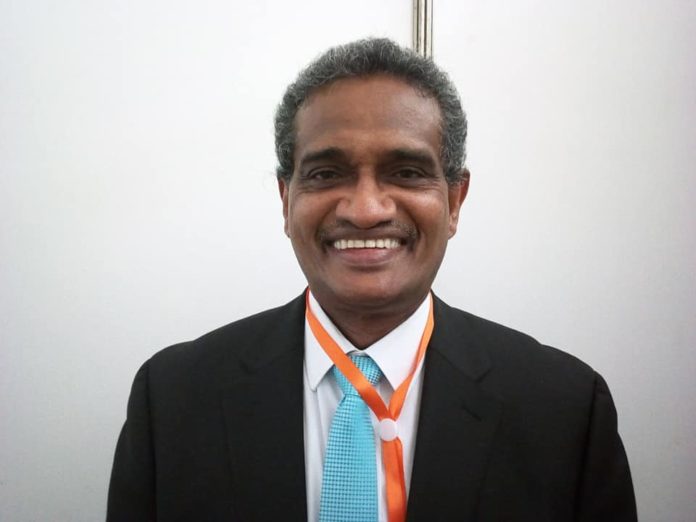A Trinidad and Tobago-based Energy and Strategy Consultant, Anthony E. Paul has commended the Republic of Ghana for its speedy regulations to govern its oil industry, after the West African discovered oil in 2007.
He said he is impressed by the steps successive leadership of the West African oil state has taken over the ten years in oil production.
Ghana found oil in commercial quantities in 2007, but actual production started in 2010 under the late President JEA Mills’ administration.
Soon, the Petroleum Commission (PC) was birthed by Petroleum Commission Act 2011 (Act 821) to oversee the activities of the upstream, the passage of Petroleum Revenue Management Act 893 (Amended), Petroleum (Exploration and Production Act, 2016 Act 919), as well as establishment of Public Interest and Accountability Committee (PIAC) to provide oversight responsibility of how the country’s oil revenue would be utilized.
These and many other steps the country has taken are what Anthony Paul thinks Ghana deserves commendation. In particular, he was impressed with the quality of regulations, people and processes developed by the Petroleum Commission in its short history.
Speaking in an interview with energynewsafrica.com during the recent Ghana Energy Summit, the former staff of UK oil and gas giant, BP, senior geophysicist at ExxonMobil and Director of Geology and Geophysics at T&T’s Ministry of Energy & Energy Industries, noted that it took his country some years before it was able to do what Ghana has done in ten years.
Anthony Paul is optimistic Ghana would find more oil and natural gas and take further steps to improve on its current system.
“Very early on, Ghana put in place master plans and policies even before you started producing the oil. And then as the oil came, you put in the petroleum act, the LI for local content, so Ghana has been very good in improving regulations and framework. You have a lot of skillful people and that’s incredible.
“You’ve got a lot in ten years. I think you’ll find more oil, you’ll find more gas and you’ll manage it better than before, you’ll always improve. You have taken steps to improve and you’ll need to manage it. So, over time, as you find more, you’ll do better,” he said.
Tony Paul, as he is affectionately called, also spoke about how Ghana could grow the upstream industry through the award of oil blocks.
“One thing is, how you manage licences, who gets blocks, how you marketed the blocks and choose the awardees, what conditions you put in place. As you get more information, you can do that better. Get better programmes, get better activities and then, what do you do with the gas and oil. And so, you can always get more value from it by building local content from it, getting companies to participate, getting to finance and over time, all these will improve.”
He underscored the need for Ghana to do more by empowering the youth with skills training to be able to get requisite skills to be able take up job opportunities in the upstream industry.
He emphasized however that the industry does not generate a large amount of jobs, but that the high quality to which it lifts local skills and services will be beneficial to other economic sectors, like manufacturing, construction, agriculture, food processing and business support services, thus raising the competitiveness of the entire country.
“You know, we all started by getting expatriates, and then, somebody would have to teach us. Our teacher must be somebody who knows something. If Ghana has no Ghanaians doing this, obviously, expatriates will help you, and you tell them that as part of your role, you must help build my people so that those Ghanaians doing those jobs will teach the other Ghanaians. So that as you expand the industry, it requires even lesser expatriates to come in for the basic and intermediate roles, eventually leading to Ghanaians taking on the most sophisticated roles,” he posited.
















